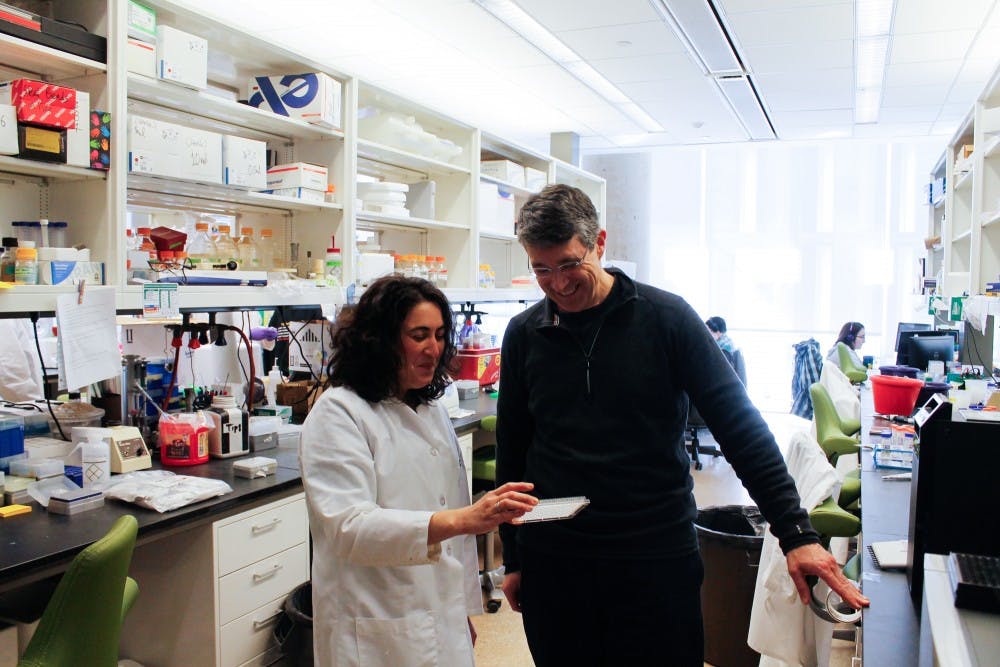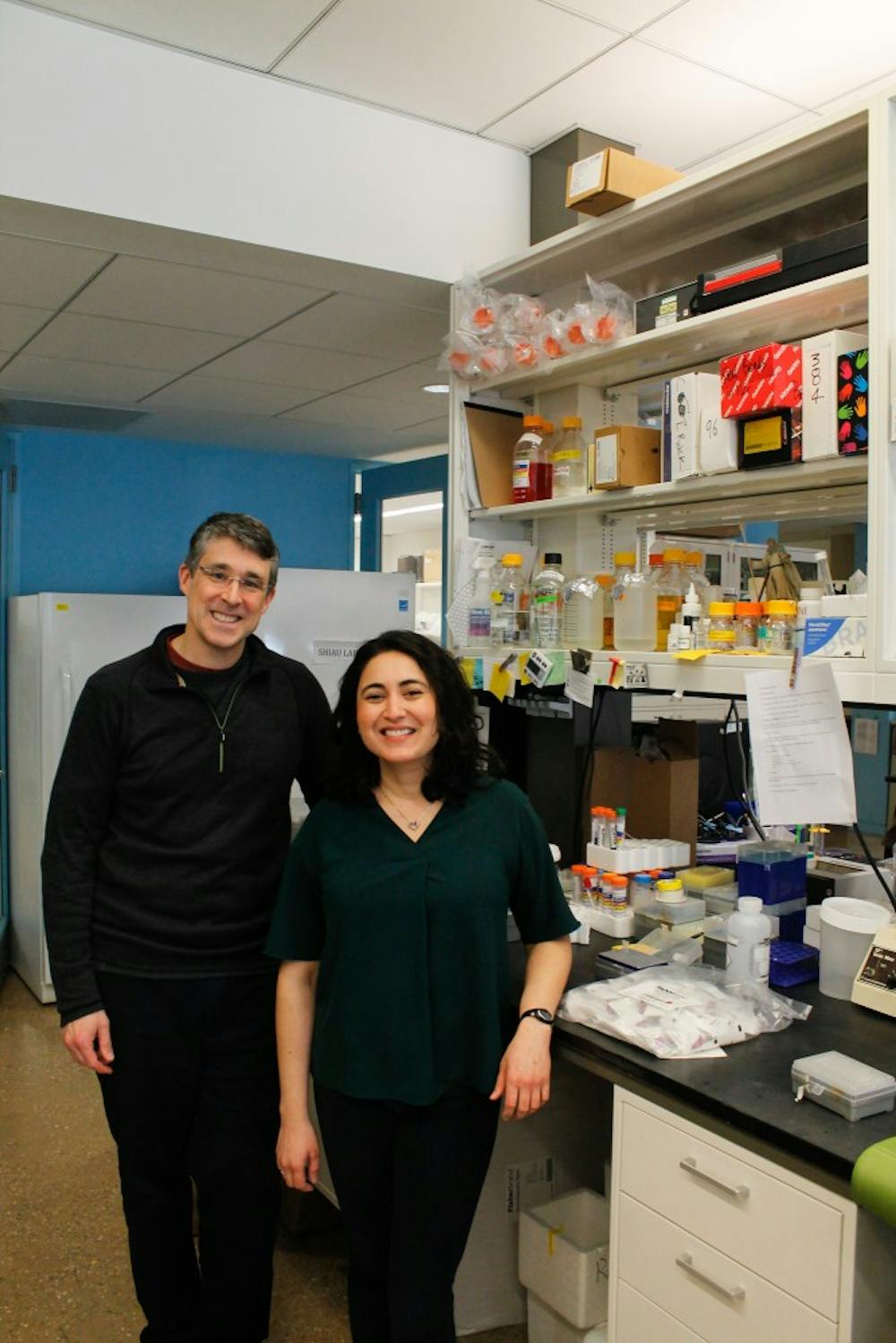It comes as no surprise that UNC professors are researching cutting-edge and interesting topics and are doing so creatively.
However, it may come as a surprise that poop is involved.
In scientific terminology, “in vitro” means the study of biological processes within a test tube, and “in vivo” means the study of biological processes within a living organism. Over the span of the past year, a group of three professors have come together to coin a new word in the scientific world of biomedical research and the study of the microbiome: “in fimo.”
In Latin, it means to experimentally study poop.
Matthew Redinbo, a professor of chemistry, biochemistry and microbiology, said the importance of the microbiome continues to be reestablished and deepened.
“The field of human health is appreciating that what lives in your bacteria, what lives in your intestines, are trillions of bacterial cells that really make a huge difference to how your body functions,” Redinbo said. “We are just at the beginning of understanding that.”
The waste we flush away everyday can tell us a lot about what our bodies are up to, Redinbo said, including how healthy we are, what we’re eating, if there’s a virus present and more.
Aadra Bhatt, assistant professor of medicine at UNC, has an even more important long-term goal for the research of human excrement.
Bhatt said beyond just analyzing the composition of the bacteria, the enzymatic function of the microbiome is an area of intense research because bacteria in the gut are involved with the metabolism of a number of drugs, including cancer drugs and nonsteroidal anti-inflammatory painkillers called “NSAIDs.”




